Issue: Fall 2014
31 results
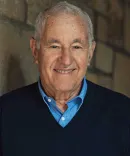
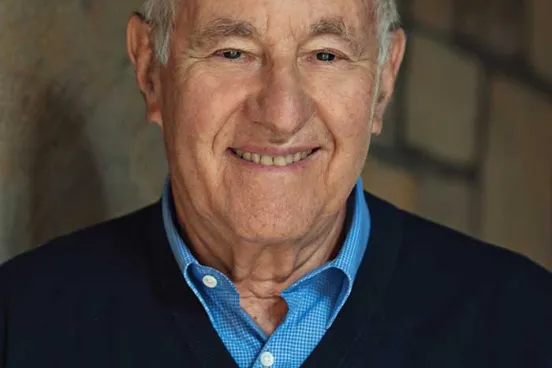
Impact Fall 2014
Irving Stenn, Jr., ’55: Building a Legacy of Philanthropy
For Irving Stenn Jr., ’55, a gift marking his 45th birthday was the beginning of an amazing legacy of philanthropy at the University of Michigan.


@UMICHLAW Fall 2014
Prof. Logue: Terrorism Risk Insurance Act Set to Expire Unless Congress Acts
Insurance companies were unprepared to deal with the enormous insured property losses, estimated at about $39.5 billion, that resulted from the 9/11 terrorist attacks. Concerned about the possibility of future terrorist incidents and unsure how to pay for them, many insurance companies made terrorism risk coverage unaffordable or opted not to provide it.


Features Fall 2014
Bagenstos on Class-Not-Race
Throughout the civil rights era, strong voices have argued that policy interventions should focus on class or socioeconomic status, not race. At times, this position-taking has seemed merely tactical, opportunistic, or in bad faith. I am more interested in the people who clearly mean it.

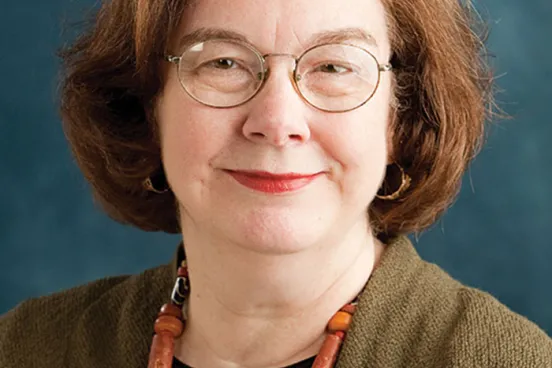
@UMICHLAW Fall 2014
Prof. Whitman Receives L. Hart Wright Teaching Award
Professor Christina Whitman, ’74, who began teaching at the Law School in 1976 and was one of the first women on the faculty, has received the L. Hart Wright Award. The award—named after the beloved Michigan Law professor who was renowned in the field of tax law—is presented annually by the LSSS, with the recipient chosen by students.


Briefs Fall 2014
New 1L Clinic Represents Unemployed Workers
Michigan Law has become only the second law school in the country to offer a clinic to first-year students with the introduction this year of the new Unemployment Insurance Clinic (UIC), in which second-semester 1Ls represent clients in their claims for state unemployment insurance benefits.
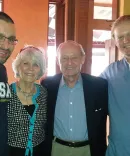
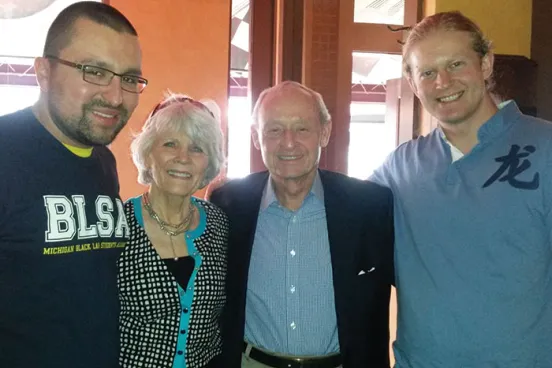
Impact Fall 2014
Janet and John Boyles, ’59: A Lifeline Returned
At his lowest point, Michigan Law gave John Boyles, ’59, a lifeline. In gratitude, Boyles and his wife, Janet, do the same for today’s students. Through the John DuVall Boyles Scholarship, students can make their dream of attending Michigan Law a reality and can pursue their career aspirations with less worry about repaying loans.

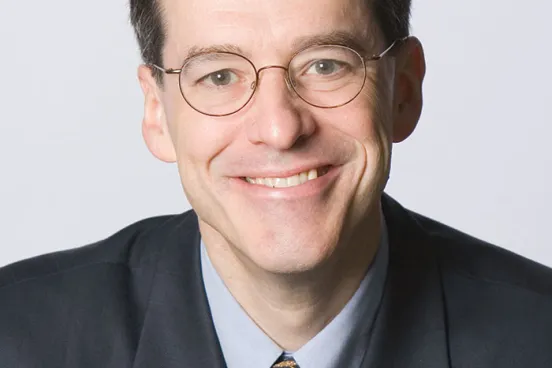
@UMICHLAW Fall 2014
Prof. Hines Honored for Public Finance Work with Prestigious Professorship
Professor James Hines Jr. has been named the recipient of the 2014 Richard Musgrave Visiting Professorship, a prestigious award honoring scholars in public finance. Hines, the L. Hart Wright Collegiate Professor of Law and co-director of the Law and Economics Program, delivered the sixth Richard Musgrave Lecture—“International Taxation and National Interests”—in Munich in April.

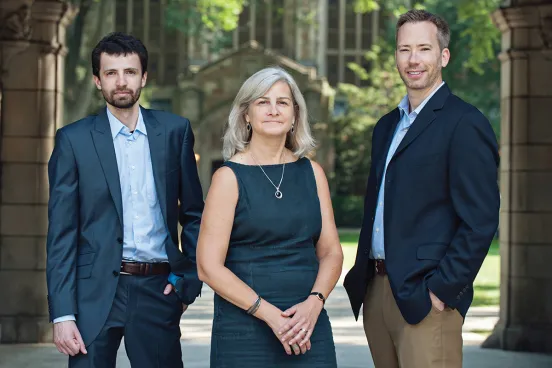
Features Fall 2014
Transforming What It Means to “Go to Court”
What if your day in court didn’t have to be in court? That’s the idea that led Michigan Law Professor J.J. Prescott and Ben Gubernick, ’11, his former student, to invent a first-of-its-kind technology that helps people interact with courts online, at any time of day, without needing to hire an attorney.


@UMICHLAW Fall 2014
Prof. Croley Confirmed as General Counsel of the U.S. Department of Energy
Michigan Law Professor Steven P. Croley, who has served in the Obama administration as deputy White House counsel since 2012, was confirmed in May by the U.S. Senate as general counsel of the U.S. Department of Energy.

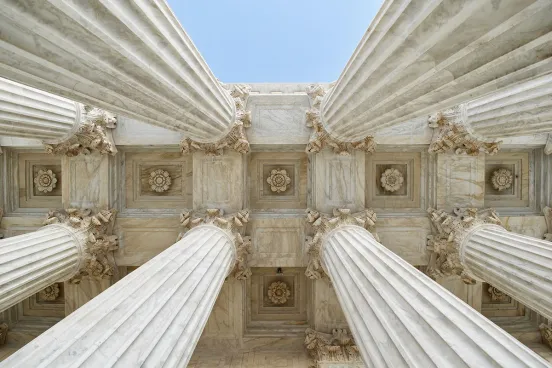
Briefs Fall 2014
Trio of Michigan Law Grads Obtain Prestigious U.S. Supreme Court Clerkships
Realizing something of a high court hat trick with their consecutive clerkships, three Michigan Law graduates soon will share the distinction of having served three of the foremost members of the nation’s judiciary: U.S. Supreme Court Chief Justice John G. Roberts, Jr., Justice Ruth Bader Ginsburg, and retired Justice Sandra Day O’Connor.

